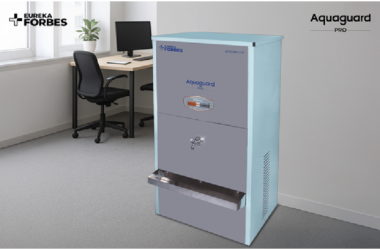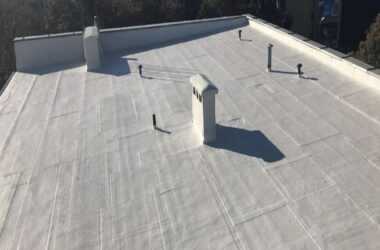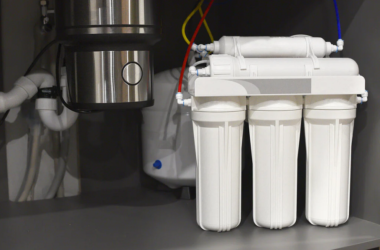Do you have the best possible storage conditions for your wine collection? Preserving wine’s flavour, aroma, and value requires proper storage, which goes beyond simple space considerations. Wine collectors may lose time and money because of temperature fluctuations, sun exposure, and improper humidity. A modern wine storage offers a perfect showcase of elegant wine bottles and maintains its flavour, taste and aroma for a long time. Seasonal temperature fluctuations raise the stakes even more for wine lovers. The good news is that you can preserve the integrity of each bottle, age wines to perfection, and savour a more flavourful experience by adhering to tried-and-true storage methods. Here is all the information you require regarding wine storage.
Why It’s Important to Store Wine Properly
To maintain wine’s unique flavours and general quality, careful storage is crucial. Wines may have unfavourable chemical reactions that impact their flavour and longevity when exposed to extremes in temperature, high humidity, or direct sunlight.
By promoting the wine’s ageing process, ideal storage conditions ensure your wine ages properly, gradually increasing its complexity and value.
- Preserving Quality: Proper storage preserves the wine’s unique flavours and aromas by preventing external conditions from causing it to spoil.
- Optimal Ageing: Controlled conditions enable aged wines to mature to their full potential, providing a full-bodied flavour experience.
- Investment Safety: Fine wines can require a large financial investment. This investment is protected by proper storage, which enables you to enjoy or sell your collection at its best.
Creating the ideal atmosphere is essential to getting the most out of every bottle of wine, whether you’re storing it for a few months or years.
The Best Conditions for Storing Wine
It’s critical to control four key elements to preserve the integrity and calibre of your wine:
- Temperature
- Humidity
- Light
- Vibration
Whether you’re using a wine fridge, a closet or a professionally run wine cellar, these factors work together to provide the ideal climate for wine storage.
Temperature
The most important factor in wine preservation is temperature control, since it has a direct effect on how well a wine ages. The ideal storage temperature for wine is approximately 55°F (13°C). However, as long as the temperature changes gradually, a small amount is acceptable.
Severe fluctuations may cause the wine to expand and compress, which may force the cork out or let air into the bottle, causing oxidation and spoiling. Because wine refrigerators and cellars are made especially to prevent temperature changes, they are ideal for preserving this consistency.
Humidity
A closet or basement can frequently offer the ideal humidity level for wine storage at home; nevertheless, stay away from places that are too wet.
Light
Light, particularly ultraviolet light, can break down components in wine, causing it to age too quickly and lose its flavour. Wine storage spaces should not be exposed to direct sunlight or home lamps.
Ideal locations include dark areas like a closet or cellar; for extra UV protection, think about a wine refrigerator with UV-resistant glass.
Vibration
Vibrations disturb the wine’s sediment, which could change its flavour and interfere with the ageing process. Particularly for long-term aging, keep wine away from large equipment and think about creating a vibration-free atmosphere.






